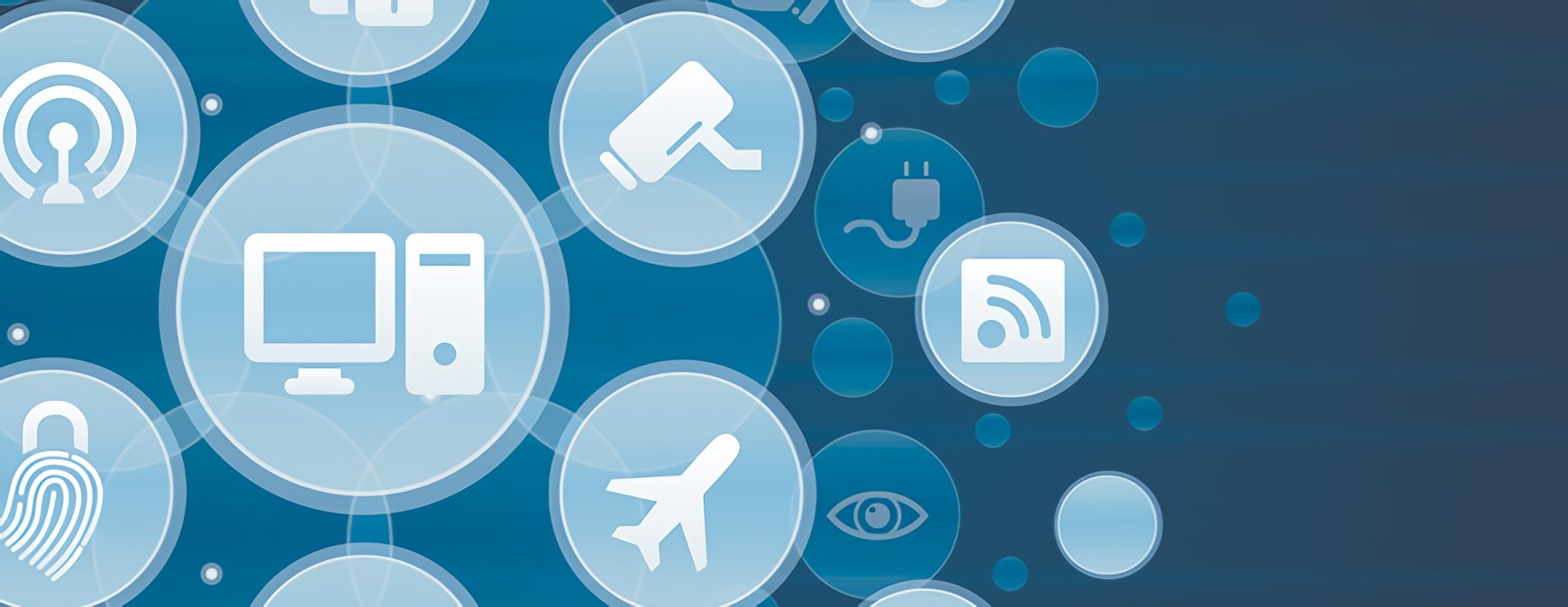
Over the last few years, there has been a massive influx of smart technology into the HVAC industry, from programmable thermostats, to home automation platforms, connected ventilation systems, and mobile applications that allow homeowners to manage energy use remotely. 1 This trend reflects the Internet of Things (IoT), and it’s making an impact on the HVAC industry.
What Is the IoT?
Although its implications can be complex, in simple terms IoT is the process where everyday objects connected to Internet that allows for exchanges of data. 2
The Internet of Things is about connectivity. It’s about combining information sharing technology with automation. Using the IoT, HVAC systems can be closely monitored and controlled from remote locations using a tablet or mobile phone.
An of IoT for the HVAC industry would be ClimateMaster’s iGate Connect thermostat. The device not only gives home and business owners control of their HVAC systems via smartphones or computers but also allows HVAC technicians to monitor the operation of the equipment in real time. Technicians can continuously adjust HVAC systems for greater efficiency and troubleshoot problems as they occur. 3
How Could the IoT Change the HVAC Industry?
Naturally, the IoT has many advantages for both consumers and technicians. Consumers enjoy better service while technicians gain access to more information about the condition of the machines they service. Service professionals will have access to more tools than ever before, and they will likely have to be trained to use and understand these tools. This may require them to become more tech savvy, either through additional HVAC classes or certifications.
Get Started on the Path to a New Career
Fill out our form to learn how we can help you change your life.
While providing IoT services may require additional HVAC training, it could allow HVAC service providers to solve a customer’s problems, streamline their processes, and exponentially improve their value to the customer. It gives technicians the leeway to continue the service relationship long after an initial service is done, as they will have access to statistical data about a given installment and will be able to predict when a service is needed, rather than waiting for a call regarding an unexpected breakdown.
What Challenges Still Face the IoT?
Despite the encouraging trends toward connected HVAC, there remain a number of hurdles to overcome. Integrating a complete IoT system into a building and incorporating it with existing Internet Protocols (IP), the programming rules for how data is sent via the Internet, could be a monumental task for large businesses.
Some HVAC professionals anticipate that IT experts may resist the incorporation of buildings’ HVAC equipment on their networks. Security could be another issue with the increased access to information about buildings’ systems. 4 Lastly, since sensors and other electronics necessary for IoT have shorter life spans than most HVAC equipment, technicians will need the skills to access, disassemble, and replace devices embedded within large climate control systems.
The Connected Future of HVAC
There is little doubt that the IoT is transforming the HVAC industry. It is enabling new, innovative service models to such a degree that many well-established HVAC contractors will likely need to adjust their business framework. With access to more data on the interworking of HVAC systems, there may be a shift from reactive to preventative service.
Additional Sources
1 – http://news.carrierenterprise.com/2015/12/21/changes-and-trends-for-hvac-in-2016/
2 – http://www.gartner.com/it-glossary/internet-of-things/
3 – http://www.achrnews.com/articles/127636-wi-fi-thermostats-transcend-the-market
4 – http://www.achrnews.com/articles/127636-wi-fi-thermostats-transcend-the-market
This blog has been labeled as archived as it may no longer contain the most up-to-date data. For a list of all current blog posts, please visit our blog homepage at https://www.rsi.edu/blog/

